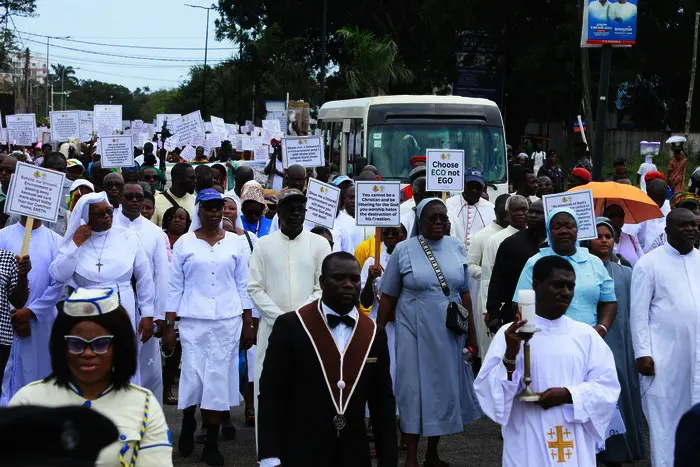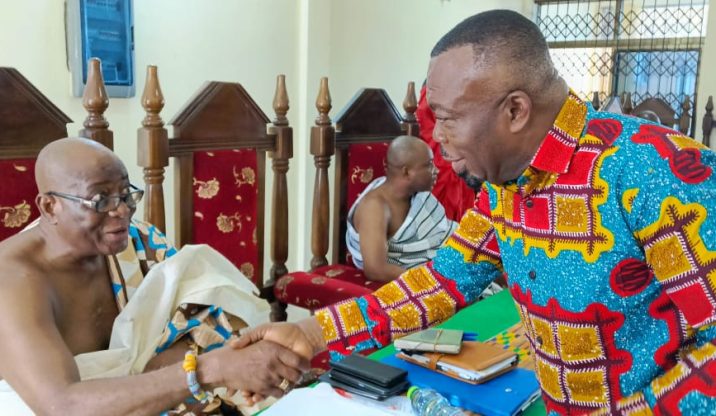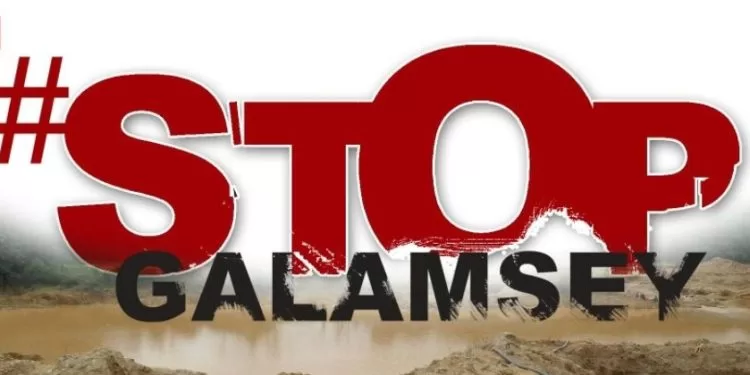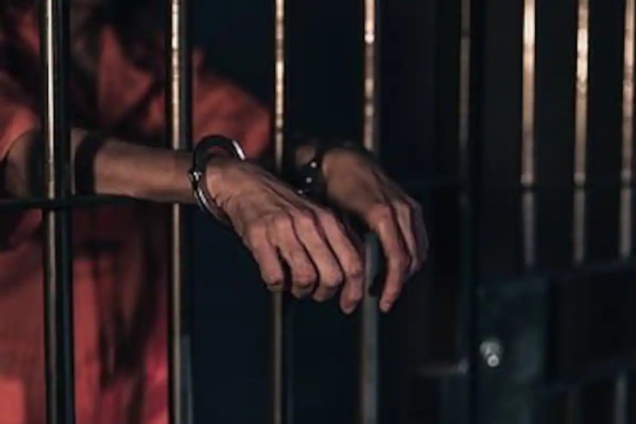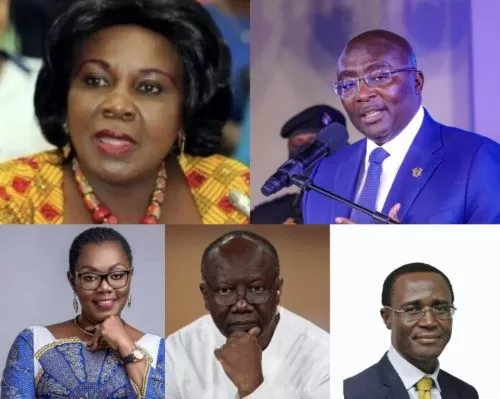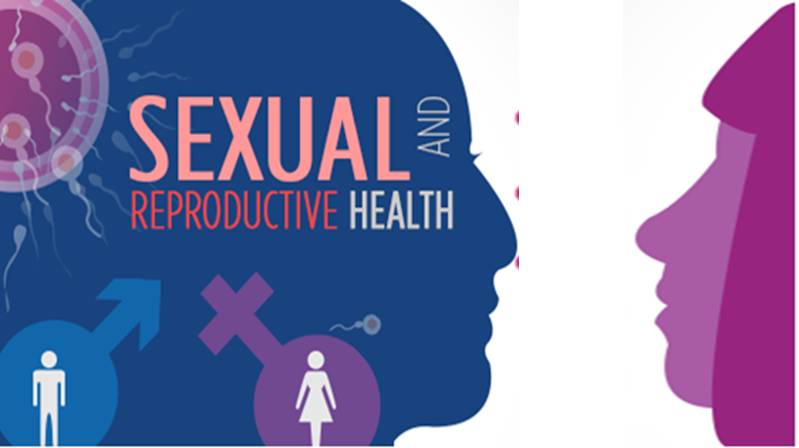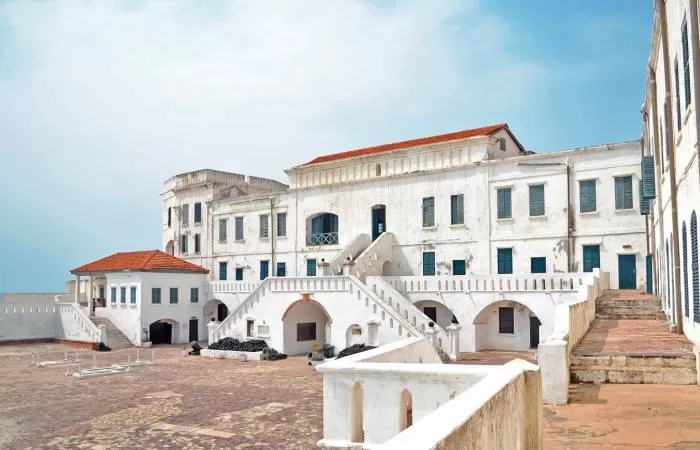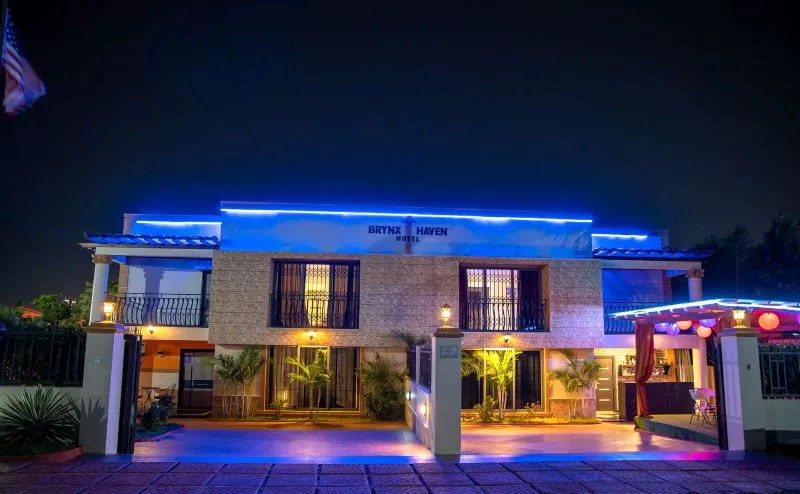As the world unites on World Environment Day to confront the climate crisis and environmental destruction, Ghana faces a silent catastrophe — one that is eroding its landscapes, poisoning its waters, and robbing future generations of their right to a healthy nation. While plastic pollution dominates global discourse, Ghana’s greatest environmental emergency is galamsey, the illegal mining epidemic that is strangling our ecosystems and crippling livelihoods.
For decades, our rivers—Pra, Offin, Ankobra—once sources of life, have become channels of death. Mercury and cyanide from unchecked galamsey operations seep into waterways, turning drinking water into a toxic brew and leaving communities riddled with kidney disease and neurological disorders. Children, pregnant women, farmers—no one is spared. Yet, despite widespread devastation, illegal mining continues to flourish, fueled by greed, corruption, and governmental complacency.
The destruction doesn’t stop at water. Ghana’s once-thriving forests, a sanctuary for wildlife and a shield against climate change, are being reduced to barren wastelands. Sacred lands are mutilated, agricultural fields vanish, and the air grows heavy with dust and despair. This is more than an environmental issue; it is a humanitarian crisis.
Successive governments have promised action, deploying military task forces, imposing bans, and launching committees. But the problem persists, revealing the uncomfortable truth—we are fighting symptoms, not the disease. Galamsey operators remain one step ahead, shielded by corrupt officials and weak enforcement.
The reality is half-measures will not save Ghana. We need a war against galamsey, fought with urgency, strategy, and relentless commitment. If Ghana is serious about safeguarding its future, the government must take decisive action now:
• Severe Legal Consequences: No more empty threats—galamsey operations must face criminal prosecution, with swift and unforgiving sentences for offenders and their enablers.
• Community Empowerment Over Exploitation: Illegal mining thrives because people have no economic alternatives. Sustainable agriculture, eco-tourism, and ethical gold extraction must become viable pathways for communities.
• Advanced Technology to Track and Shut Down Operations: Ghana must employ satellite imaging, AI-driven surveillance, and drone technology to identify illegal mining sites in real time and shut them down permanently.
• A Nationwide Awareness Campaign: The fight against galamsey cannot be won without public resistance. Every Ghanaian must understand the irreversible damage caused by illegal mining and demand accountability from leadership.
• International Support and Accountability Measures: Ghana’s gold finds its way onto global markets, but transparency measures can block illicitly mined gold from entering international trade. The government must collaborate with international regulators to cut off galamsey’s financial lifeline.
The Time for Excuses Is Over
Ghana stands at a crossroads—will we continue to watch as our rivers die, our forests vanish, and our people suffer? Or will we finally declare war on galamsey, treating it not as an inconvenient issue, but as an existential national emergency?
There is no second chance for our environment. No reset button. The choices made today will determine whether future generations inherit fertile land and clean water—or a wasteland filled with broken promises.
The time to act is not tomorrow. It is NOW.
By Eric Siaw Nartey
The Author is a certified SHEQ Specialist with a Master’s in Occupational Health, Safety & Risk Management. He is a Certified IOSH Member (UK), a Member of the World Safety Organization (Qatar Chapter), a Graduate Member of GHISEP, and a Lead Auditor in ISO 45001:2018 and ISO 9001:2015 systems. He holds a NEBOSH IGC, IOSH MS UK, and an International Diploma in Occupational Health and Safety Practice (Level 6, UK). He is also the author of the peer-reviewed publication: “Accident Investigation Impact on Safety Climate: Moderating Roles of Management and Employees in Ghanaian Construction” (IJFMR).
The post Galamsey: Ghana’s silent catastrophe; will we act before it’s too late? appeared first on Newstitbits.



